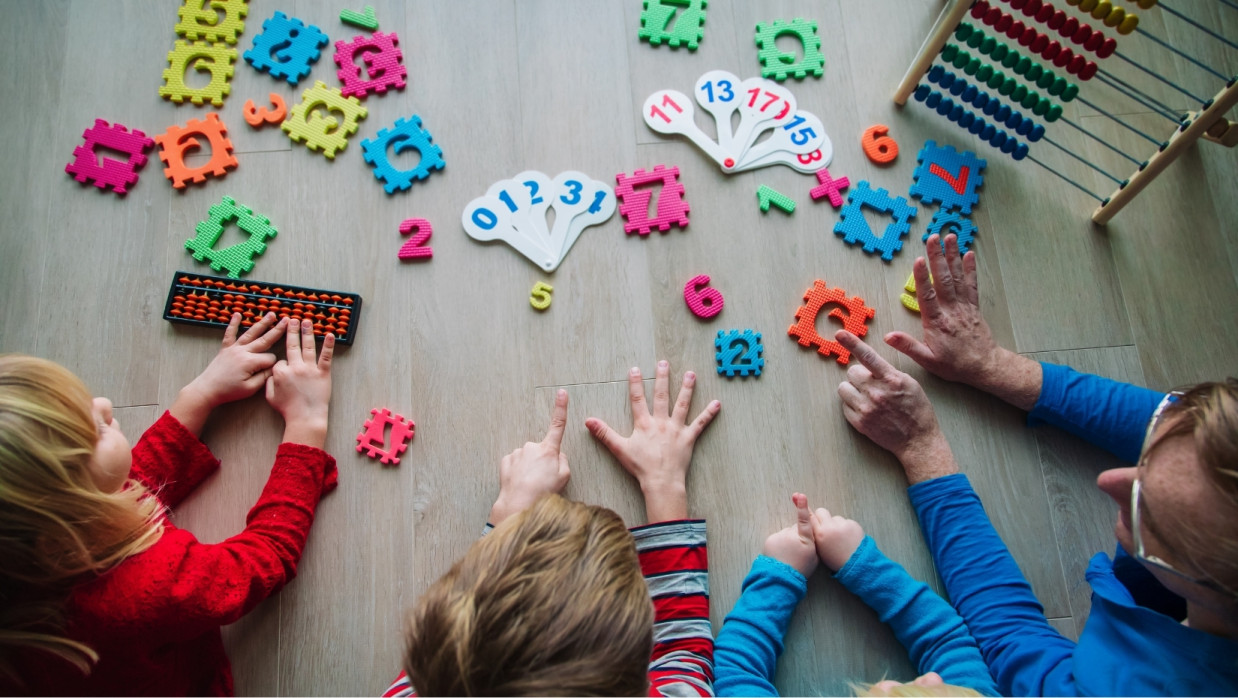
7 Must-Know Skills to Prepare Your Child for School Success
- ০৯ জুলাই ২০২৫, ১৪:১৮

As soon as your child nears their third birthday, the hunt for the perfect school begins. It’s a milestone moment—formal education is on the horizon, and early preparation is key. Many parents now enroll their little ones in preschool or kindergarten to kickstart this journey. But before your child steps into the classroom, equipping them with essential skills is critical to ensure a smooth transition. Starting school isn’t just about academics; it’s a pivotal time for social, emotional, and physical growth. Here’s how parents can set their child up for success with seven industry-standard, practical skills to teach before school begins.
- Ease into Independence with Preschool Exposure
Kick off your child’s journey by enrolling them in a kindergarten or play school. This helps them get comfortable spending time away from home. Early on, separation anxiety might lead to tears when parents are out of sight, so be present during the initial days to provide reassurance. Gradual exposure builds confidence and prepares them for the school environment.
- Master Social Skills for a New World
School introduces children to a broader “family” of peers and teachers. Help your child adapt by teaching them how to interact with others outside the home. Practice skills like greeting friends, taking turns, and engaging in group activities. Familiarizing them with these social dynamics before school starts ensures they can navigate new relationships with ease.
- Foster a Sharing Mindset
Teach your child the value of sharing—whether it’s a snack, toy, or book—with their peers. Equally important is encouraging them to express their emotions, needs, and preferences confidently. Start this habit at home by modeling sharing with family members, laying the foundation for positive social interactions at school.
- Respect Personal Boundaries
Every child needs to understand personal space. Teach your child to respect others’ boundaries by not pressuring peers to share or engage if they’re uncomfortable. Explain that even playful physical interactions, like touching a friend, should be avoided unless appropriate. Clear guidance on respecting others’ space builds empathy and mutual respect.
- Instill Respect for Authority
Respecting teachers is as crucial as respecting family members. From an early age, model respectful behavior and language at home to prepare your child for classroom etiquette. Avoid using disrespectful terms or tones in their presence, as children often mimic what they see and hear.
- Encourage Deep Learning, Not Just Memorization
In school, children who struggle to grasp concepts quickly may feel discouraged. To build confidence, teach your child to focus on understanding rather than rote learning. Engage them in activities that encourage curiosity and critical thinking, such as puzzles or simple problem-solving games, to prepare them for the academic challenges ahead.
- Build Responsibility Through Small Tasks
School demands a level of independence, so start fostering responsibility at home. Teach your child to eat independently, organize their belongings, and maintain personal hygiene, like cleaning up after using the bathroom without assistance. These small habits cultivate self-reliance, ensuring they’re ready to handle daily school routines.
By instilling these skills, parents can empower their child to thrive in the classroom and beyond. Preparing for school isn’t just about academics—it’s about building a confident, socially adept, and responsible individual ready to embrace their educational journey.